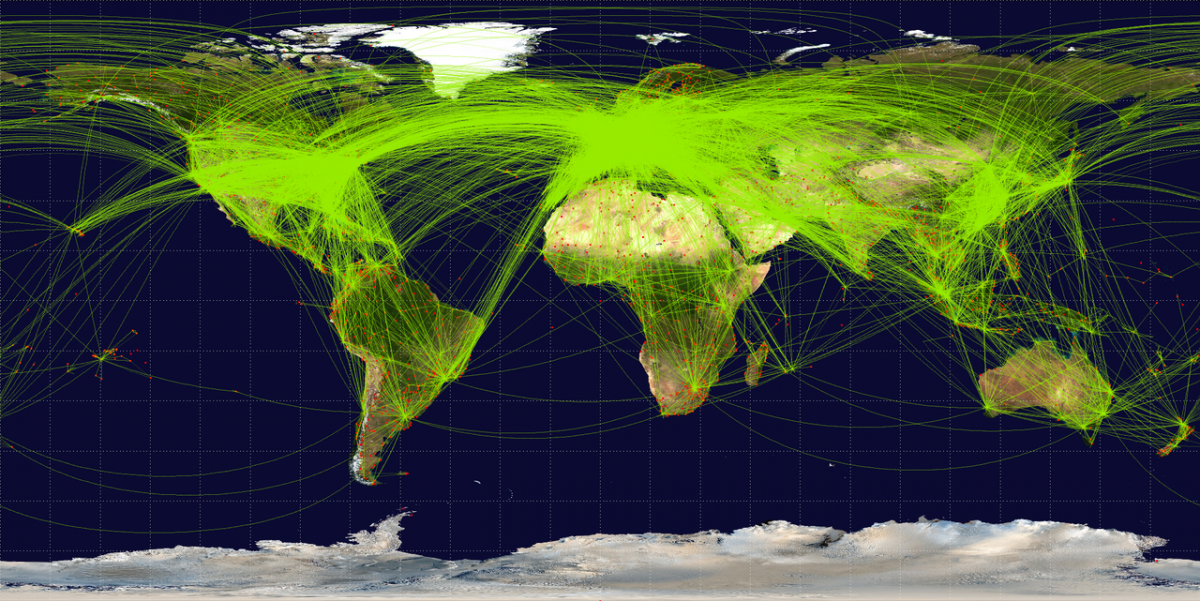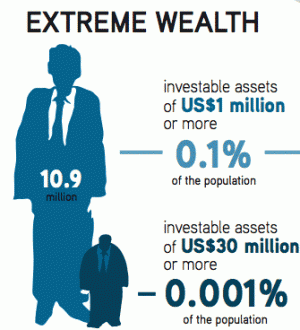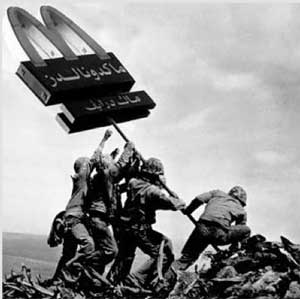Over 30 years of anarchist writing from Ireland listed under hundreds of topics
Globalisation
What is Imperialism?
Imperialism is one of those words that often seems to be little more than an effective way of making people stop listening to you. However, despite the frequency with which it is thrown around by left wing groups, with little or no explanation of the ideas behind it, it does have real meaning and is something that we can all recognise in the world around us - especially in this age of US wars against third world regimes.
The consequences of the fall of the Berlin wall & Eastern European dictatorships
WHAT WAS ANYONE to make of the fact that students began hanging pears from apple trees on the morning of December 20th 1990 at Bucharest University? For, early that same morning, workers were bussed from all over Romania to attend a 'spontaneous' demonstration in front of Party buildings in support of the dictator, Nicolai Ceausescu. The students at Bucharest University, aware of the real mood in the country, were satirising a famous speech made by Ceausescu to the effect that Stalinist party policy in Romania would only change when 'pears began to grow from apple trees' - the students proved to be singularly accurate with their timing.
Climate Change, Peak Oil, and Globalisation - 3 Interlinked Problems
There are problems which are related but not very often discussed together. These are 1) climate change and pollution, 2) peak oil, and 3) globalisation - very large and complex problems which though not insurmountable require serious consideration.

What the author writes here is simplifying reality as the main purpose is to provoke thought in the reader and encourage further research.
Corporate Power and the Davos Class
 The recent World Economic Forum (WEF), the one where Enda Kenny reminded us of how ‘we’ went mad borrowing, is, in fact, an appropriate reminder of global corporate power and the costs it imposes on the global working class. In a recent libcom article, Steven Colatrella has suggested that the remarkable consistency of approach to crisis resolution adopted by governments the world over, notably their pursuit of austerity at any social cost, indicates the increasing commonality of ruling class interests, a convergence owing in part to shared experiences at institutions such as the IMF, WTO, G20 and EU. The WEF meeting at the Swiss ski resort of Davos must be understood in this context of the ongoing elaboration of global governance networks.
The recent World Economic Forum (WEF), the one where Enda Kenny reminded us of how ‘we’ went mad borrowing, is, in fact, an appropriate reminder of global corporate power and the costs it imposes on the global working class. In a recent libcom article, Steven Colatrella has suggested that the remarkable consistency of approach to crisis resolution adopted by governments the world over, notably their pursuit of austerity at any social cost, indicates the increasing commonality of ruling class interests, a convergence owing in part to shared experiences at institutions such as the IMF, WTO, G20 and EU. The WEF meeting at the Swiss ski resort of Davos must be understood in this context of the ongoing elaboration of global governance networks.
Imperialism Today and the Emergence of Regional Powers
 This articles charts the course of global geo-politics since the end of the Cold War, the emergence of new regional powers and the recurring cycle of crises in neoliberal capitalism that culminated in the great financial crisis of 2008.
This articles charts the course of global geo-politics since the end of the Cold War, the emergence of new regional powers and the recurring cycle of crises in neoliberal capitalism that culminated in the great financial crisis of 2008.
The historical development of the global financial order under US hegemony
 This article tells the story of the historical development of the regime of global financial order under US hegemony. It begins by examining how the centre of capital accumulation shifted from Europe to the US in the first half of the twentieth century, and how following World War II the global financial order became centred around the US through the Bretton Woods system. It then looks at how the Bretton Woods System was undermined, concentrating as much on the role of workers militancy as on the role of the Eurodollars market. After considering the response to the crisis of Bretton Woods, it concludes by looking at the Clinton boom, bringing us up to the current situation of the US’s current heavy dependence on foreign borrowing
This article tells the story of the historical development of the regime of global financial order under US hegemony. It begins by examining how the centre of capital accumulation shifted from Europe to the US in the first half of the twentieth century, and how following World War II the global financial order became centred around the US through the Bretton Woods system. It then looks at how the Bretton Woods System was undermined, concentrating as much on the role of workers militancy as on the role of the Eurodollars market. After considering the response to the crisis of Bretton Woods, it concludes by looking at the Clinton boom, bringing us up to the current situation of the US’s current heavy dependence on foreign borrowing
London Calling to the Faraway Crowds
At the beginning of April, the G20 group of major world economies met in London. Media attention focused as much on the confrontation between police and demonstrators outside the conference as on what was going on between the suits inside. The London police were their usual charmless selves and even managed to kill an uninvolved man, Ian Tomlinson, on his way home from work.
WTO Trade talks collapse in Doha
The recent bitter collapse of the Doha round of World Trade Organisation (WTO) talks has put the WTO back in the news around the world. The latest talks failed in large part because rich countries refuse to reduce subsidies to their own farmers, while insisting that the poor countries should reduce theirs. But what is the WTO, and how is it relevant to our everyday lives here in Ireland?
The Social Forums: Abandon or Contaminate? - review of Irish Social Forum
The 'anti-globalisation' movement has sometimes been characterised as 'One No, many Yesses', meaning that while everyone disagrees with the way things are now they all have different ideas on what they would like to see replace the present state of affairs as well as on the tactics needed to get there. The World Social Forum, and the spread of social forums around the world, in some respects is a reaction to this. One of the ideas of this concept is to allow a space for dialogue for the different actors (trades unions, Non Government Organisation's, social movements etc) to try to hammer out some common ideas on how to reach the future society. However, the process has not been unproblematic and has led to controversies and to accusations that the structure and functioning of these bodies are undemocratic and unrepresentative of 'the new movement'.
What is the World Economic Forum?
This October some 400 industrialists and assorted hangers on will descend on Dublin for the European summit of the World Economic Forum. The city centre will be brought to a halt as the sort of globalisation demonstration we have seen in Seattle and Prague occurs in Dublin. So what is the World Economic Forum? In its own words "The Forum provides a collaborative framework for the world's leaders to address global issues, engaging particularly its corporate members in global citizenship.i" That is from the WEF web page and despite the careful spin should be worrying to anyone reading it carefully.

